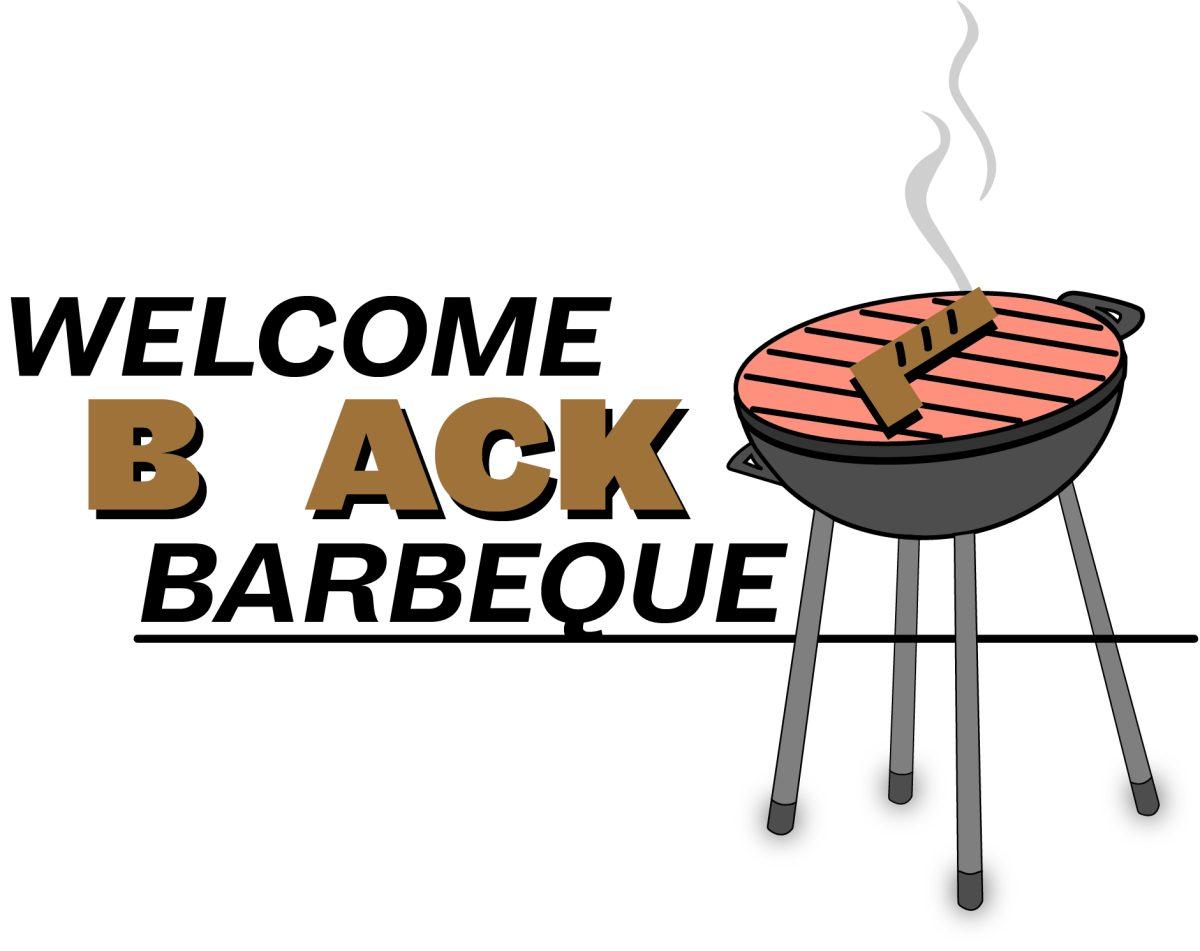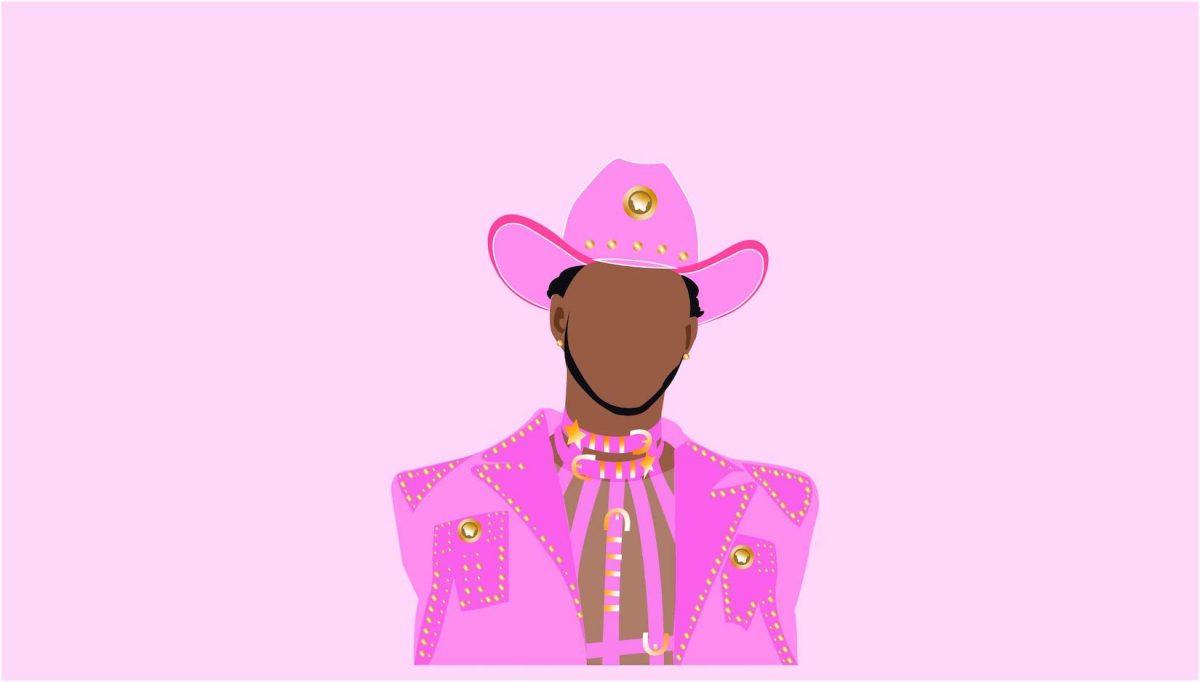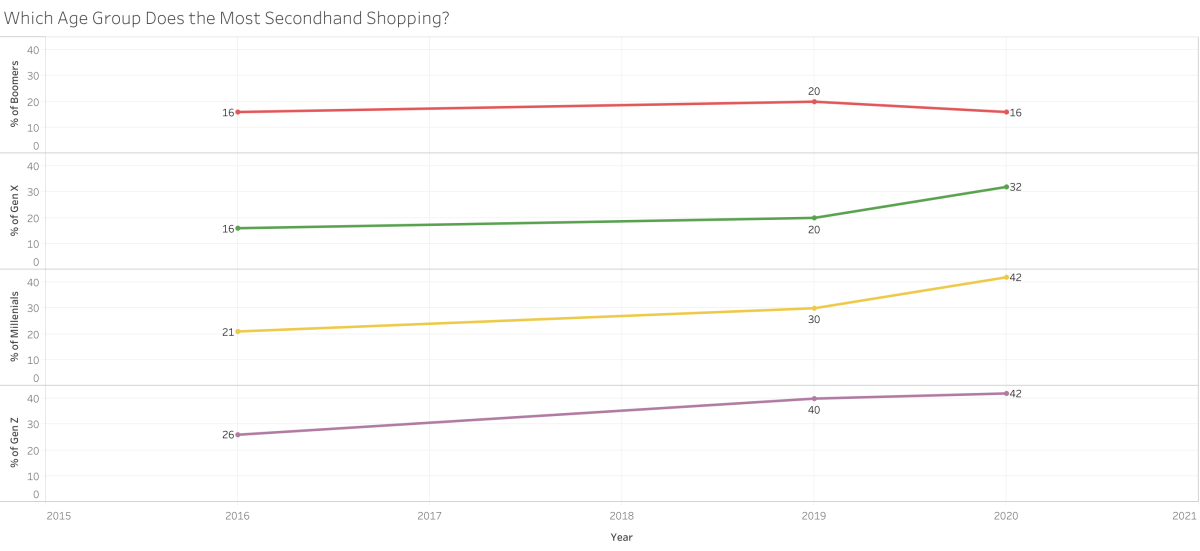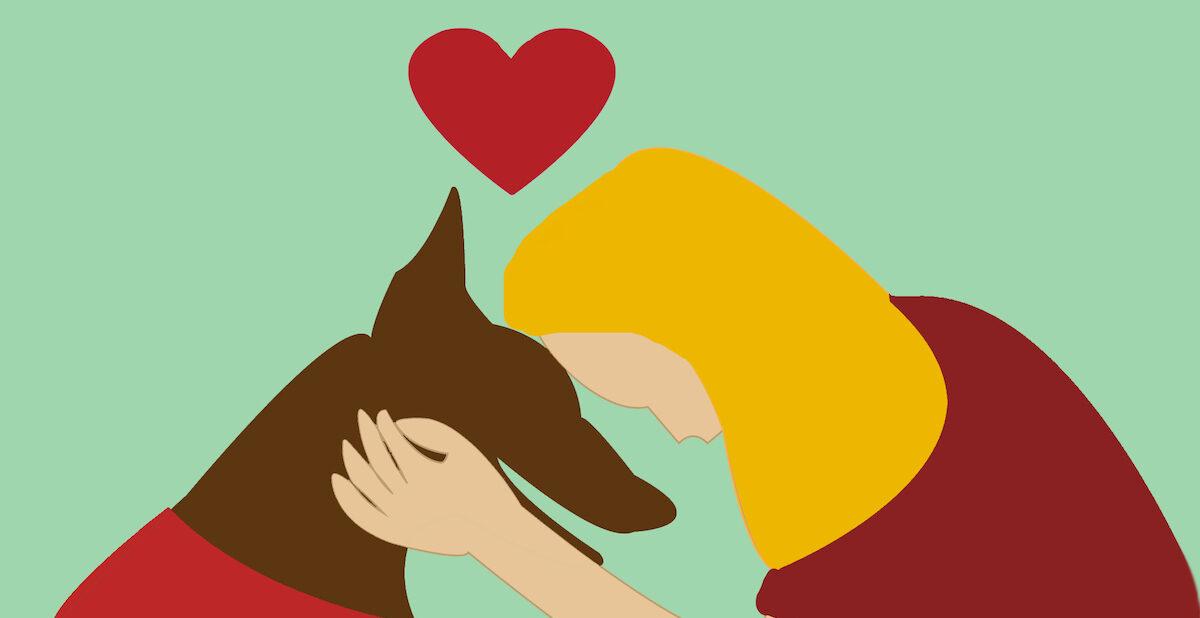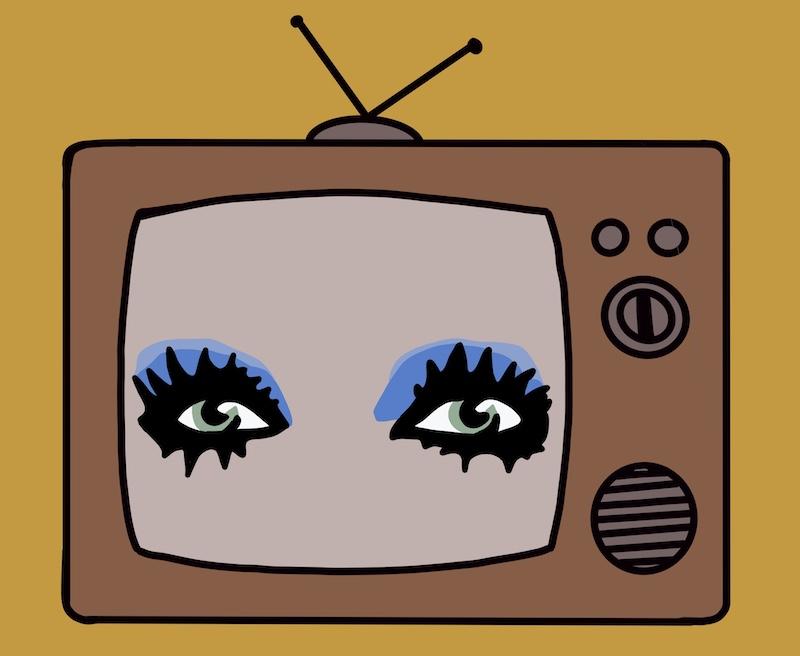Attending a predominantly white institution like MU, I have often felt alone as a Black woman while navigating college. Both are vital aspects of my person, and the affinity spaces I’ve found aided in the centering and embracing of my identity. I see affinity spaces as settings where people are drawn to each other based on their shared identities. It is through that lens that I view the Welcome Back BBQ held earlier this month as counterproductive to offering spaces for Black culture to thrive.
The Welcome Back BBQ, very similar in name to the historic Welcome Black BBQ, was hosted by the Division of Inclusion, Diversity & Equity on Sept. 1 in the parking lot of the Gaines/Oldham Black Culture Center. The Welcome Black BBQ has been previously sponsored by the Legion of Black Collegians and the National Pan-Hellenic Council. But due to COVID-19 concerns and with the restructuring of the Department of Social Justice, the LBC communicated that they would not host the barbecue this year.
The restructuring within the social justice centers has altered the programming of the GOBCC, and the livelihoods of all of the students and staff that call it home by association. Just in name alone, the removal of a single letter generalizes the audience the BBQ is intended to serve. Hosting an event that has so many parallels to the Black BBQ gives the impression that events of great significance to the Black community are replaceable. They are not.
“While the intention may have not been to ‘replace’ the Welcome Black BBQ, we saw the optics of the event and where intention versus impact played a role,” LBC said in a statement on its Twitter in response to the Welcome Back BBQ.
“I did a quick query to see how many welcome back events use those exact terminology, and there were several other events all across the past two weeks that have also said, ‘welcome back,’” said Maurice Gipson, the vice chancellor of Inclusivity, Diversity and Equity.
Intention aside, the outcome is more important, and emphasizes that the university didn’t prioritize the necessity of affinity spaces for its Black students.
On the division’s website, Instagram and Twitter, the barbecue was advertised either the day of, or the day before it occurred. It took place from 11 a.m. to 2 p.m. in the middle of the week: a prime time for students in class. The lack of notice and timing reads even more as a replacement, and less of something with explicit purpose.
In the narratives I’ve heard from my peers, the Welcome Black BBQ has served as a social welcome for all, but specifically as a welcoming space for Black students. Amidst music, dance and good food, students met their best friends, met their mentors and found a new community to support their endeavors.
The knowledge and guidance I’ve received through my participation in the Mizzou Black Women’s Initiative course, the university’s chapter of the National Association of Black Journalists and spending time in the GOBCC in general contributed to my positive relationship between higher education and my Blackness. In those settings, I feel at home.
It was difficult for me as a Black student to see this new event unfold, in the midst of all that’s happened within the GOBCC, just outside its walls.
The organizations, classes and centers I’ve interacted with during the last year have supported my voice: a voice tethered to my identity, my history and my contributions to MU as a whole. It is past time for the university to be more intentional with their support for the Black community. Without us, the entire fabric of the university would remain unsewn.
Edited by Cayli Yanagida | [email protected]


